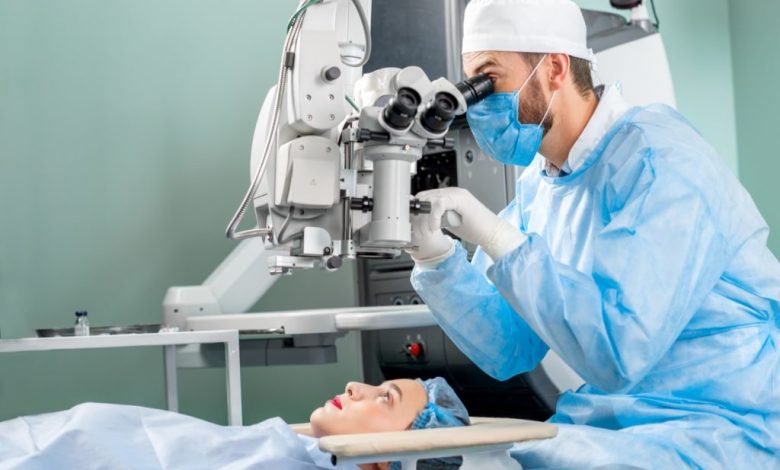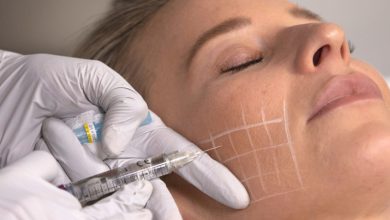Blurred Vision 2 Years After Cataract Surgery: Causes, Treatment, and Tips

Cataract surgery is a widely performed procedure that helps restore clear vision in individuals with cataracts. While the surgery is generally successful, some patients may experience blurred vision even years after the procedure. In this article, we will delve into the causes of blurred vision 2 years after cataract surgery and explore potential treatment options and helpful tips to address this condition effectively.
Posterior Capsule Opacification:
One of the common causes of blurred vision after cataract surgery, even years later, is a condition called posterior capsule opacification (PCO). PCO occurs when the back part of the lens capsule becomes cloudy, leading to decreased vision clarity. However, it’s important to note that PCO can be easily treated with a quick and painless laser procedure known as YAG capsulotomy.
Residual Refractive Error:
Blurred vision can also occur if there is a residual refractive error following cataract surgery. This means that the eye may not have achieved its optimal focus, resulting in less clear vision. Consulting with your ophthalmologist can help determine if a corrective measure such as glasses, contact lenses, or refractive surgery is necessary to address the refractive error.
Dry Eye Syndrome:
Dry eye syndrome is another potential cause of blurred vision after cataract surgery, even after a couple of years. The surgery may disrupt the eye’s tear film, leading to dryness and discomfort. Using artificial tears or lubricating eye drops recommended by your eye care professional can help alleviate dryness and improve vision clarity.
Other Factors:
In rare cases, other factors such as complications during the surgical process, underlying eye conditions, or infections may contribute to blurred vision even 2 years after cataract surgery. It is crucial to consult your ophthalmologist to evaluate your specific situation and determine the appropriate course of action.
Treatment and Tips for Blurred Vision 2 Years After Cataract Surgery:
- a. YAG Capsulotomy:
If posterior capsule opacification is identified as the cause of blurred vision, your ophthalmologist may recommend a YAG capsulotomy. This non-invasive laser procedure effectively removes the cloudy capsule, restoring clear vision.
- b. Refraction Assessment:
Undergo a comprehensive eye examination, including refraction, to determine if there is a residual refractive error. Based on the assessment, your ophthalmologist can prescribe glasses, contact lenses, or discuss refractive surgery options to enhance vision clarity.
- c. Dry Eye Management:
If dry eye syndrome is contributing to blurred vision, follow a regimen of using lubricating eye drops or artificial tears as prescribed by your eye care professional. Additionally, consider adopting practices to promote good eye hygiene, such as avoiding excessive screen time and ensuring proper blinking during activities that may contribute to dryness.
- d. Regular Eye Check-ups:
Schedule regular follow-up visits with your ophthalmologist to monitor your eye health and address any concerns promptly. Routine check-ups can help identify and treat any underlying issues that may be causing blurred vision.
Conclusion:
Experiencing blurred vision 2 years after cataract surgery can be distressing, but it’s important to remember that there are effective treatment options available. By understanding the potential causes, such as posterior capsule opacification, residual refractive error, or dry eye syndrome, you can work with your ophthalmologist to determine the most suitable course of action. Regular eye check-ups and open communication with your eye care professional are crucial for maintaining long-term visual clarity and addressing any issues that arise.
Note: It is crucial to consult with your ophthalmologist or healthcare professional for personalized advice and treatment options based on your specific situation.






